According to the world's assessment, Vietnam's digital economic growth rate has increased gradually over the years. However, this field also has some difficulties and problems.
Vietnam's digital economy grows impressively
In recent times, development Digital economy and digital society in Vietnam continue to develop strongly. Ministry of Information and Communications According to world assessments, Vietnam's digital economic growth rate has increased gradually over the years.

If in 2020, Vietnam only ranked 6th in the ASEAN region in terms of digital economic growth rate, then in 2021 it ranked 3rd and in the next 2 years 2022, 2023 it ranked 1st. Specifically, Google's report determined that Vietnam's digital economy in 2022 grew by 28%, in 2023 it reached 19%, 3.5 times higher than the GDP growth rate.
Meanwhile, the Global AI Readiness Index Report 2022 ranked Vietnam 55th globally, while Singapore ranked 2nd, Malaysia 29th, Thailand 31st. In terms of global cybersecurity and safety rankings, Vietnam ranked 25th out of 194 countries and territories ranked...
It is estimated that in the past 6 months, Vietnam continues to hold the 11th global ranking in terms of the number of mobile application downloads and the 31st global ranking in terms of application payment revenue.
Although downloads of free apps decreased, Vietnam recorded an increasing trend in downloads of paid apps with growth figures increasing by 11% compared to the same period last 6 months.
7 Vietnamese applications have over 10 million active user accounts (accounting for 18.92% of the applications in this group); 10 applications have 5-10 million active user accounts (accounting for 23.81% of the applications in this group) and 43 applications have 1-5 million active user accounts (accounting for 24.02% of the applications in this group).
In addition, digital products of Vietnamese enterprises continue to develop and be exported around the world. According to the report of the General Department of Customs, digital product exports increased from 113.5 billion USD in 2021 to 117.3 billion USD in 2023; in the first 6 months of 2024, it reached 64.9 billion USD, an increase of 23%.
Revenue from software and information technology services increased significantly (2023: 13 billion USD; 6 months of 2024: 6 billion USD); exports in 2023 reached 7.5 billion USD; 6 months of 2024 reached nearly 3 billion USD.
Many of the world's leading technology corporations have made large investments in Vietnam, committed to new investments and expanded investments, especially in new fields such as electronics, semiconductor chips, research and development, artificial intelligence (AI)...
Digitalization of economic sectors, digital transformation in management, investment, construction and production are being strongly implemented. E-commerce revenue increased from 13.7 billion USD in 2021 to 20.5 billion USD in 2023. Hundreds of OCOP products have been sold through domestic and cross-border e-commerce platforms, creating livelihoods and high incomes for farmers.
Non-cash payments are widely deployed nationwide. The proportion of adults with payment accounts reached 87%, exceeding the 2025 target of 80%. There are currently 9.13 million customers using Mobile Money, of which 72% are in rural, mountainous, remote, border and island areas.
The electronic tax system is built synchronously from tax registration to tax declaration, tax payment, electronic tax refund and deploying the electronic invoice system nationwide (processing 8.8 billion invoices).
In addition, the Ministry of Information and Communications is also actively implementing a program to support small and medium-sized enterprises (SMEs) in digital transformation. As of June 28, 2024, the number of enterprises accessing the Program was 1,233,336, an increase of 14% compared to the end of 2023; the number of SMEs using the Program's platform was 338,239, an increase of 68.3% compared to the end of 2023.
What difficulties are facing digital economic development?
To promote the development of digital economy and digital society, in recent times, the Ministry of Information and Communications has developed a Decree regulating electronic transactions in state agencies and information systems serving electronic transactions.
Continue to complete the projects submitted to the Prime Minister: National strategy on application and development of blockchain technology to 2025, with a vision to 2030; Project on digital economic development in the Central Highlands region to 2030.
Develop a framework document for the Program to disseminate knowledge, improve digital skills and access to information for rural people. Coordinate with the Ministry of Agriculture and Rural Development to successfully organize the National Committee for Digital Economy's Digital Economy Session with the theme "Promoting digitalization of the agricultural sector".
Issue documents to guide ministries and branches to develop and put into use national digital platforms. Organize online conferences with 63 Departments of Information and Communications of provinces and centrally run cities on guidelines for measuring the digital economy at the local level.
However, the Ministry of Information and Communications also pointed out some difficulties and obstacles in developing the digital economy and digital society, namely the difficulty in measuring the digital economy. The ecosystem of digital platforms in industries and fields is still weak and lacking.
On the other hand, there is a lack of laws and regulations on data ownership, personal data privacy, government data disclosure, etc. for data to be exchanged and traded; people in rural areas still lack digital skills. The risk of cyber attacks is becoming more and more complex while many people are not fully equipped with digital knowledge and skills.
Accordingly, in terms of solutions, it is necessary to complete the legal framework and data infrastructure: Develop a method to measure and calculate the proportion of the digital economy. Complete national, sectoral and local databases to form high-quality data sources. Promote the development and use of national, sectoral and field digital platforms.
Support businesses in digital transformation: Form a digital transformation solution set for businesses based on the assessment of digital transformation level and industry database. Build a local digital transformation support center, support industrial parks/clusters and smart factories.
At the same time, develop digital applications, research digital economic models by industry. Issue documents to improve digital skills for rural people. Organize national forums and thematic sessions on digital economy. Share experiences, success stories and popularize digital economic development models...
In the last 6 months of 2024, the Ministry of Information and Communications will gradually develop and perfect the theory of Vietnam's digital economy; promote and disseminate stories about the application of digital technology to promote the development of the digital economy and digital society in rural areas (Digital Village).
In addition, complete the Project on digital economic development in the Central Highlands; Plan on digital economic development - digital society for the period 2024-2025; build and organize the implementation of the Program to develop the Network of experts, organize digital economic consulting and digital transformation of enterprises in a professional manner, experts in the network are trained, fostered and updated with knowledge and skills; organize the 2nd National Forum on developing Vietnam's digital economy and digital society...
Source








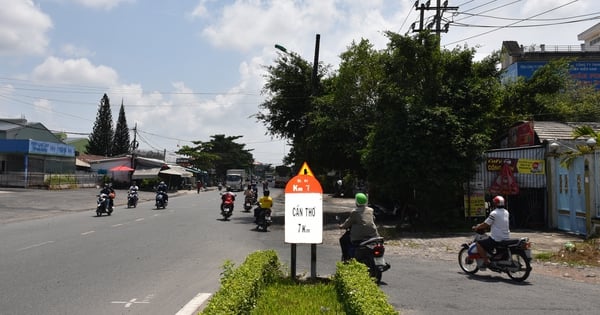



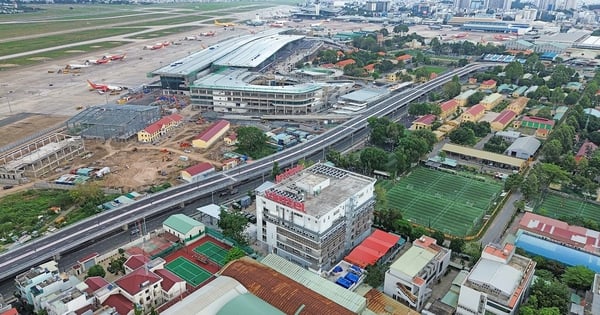
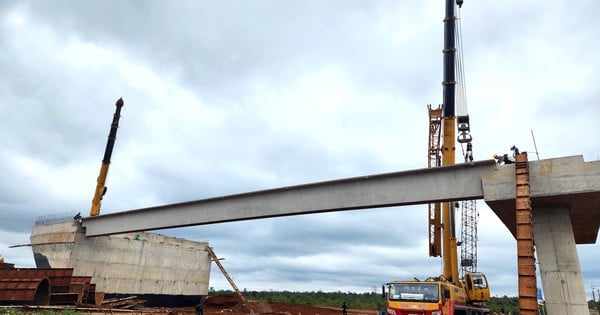



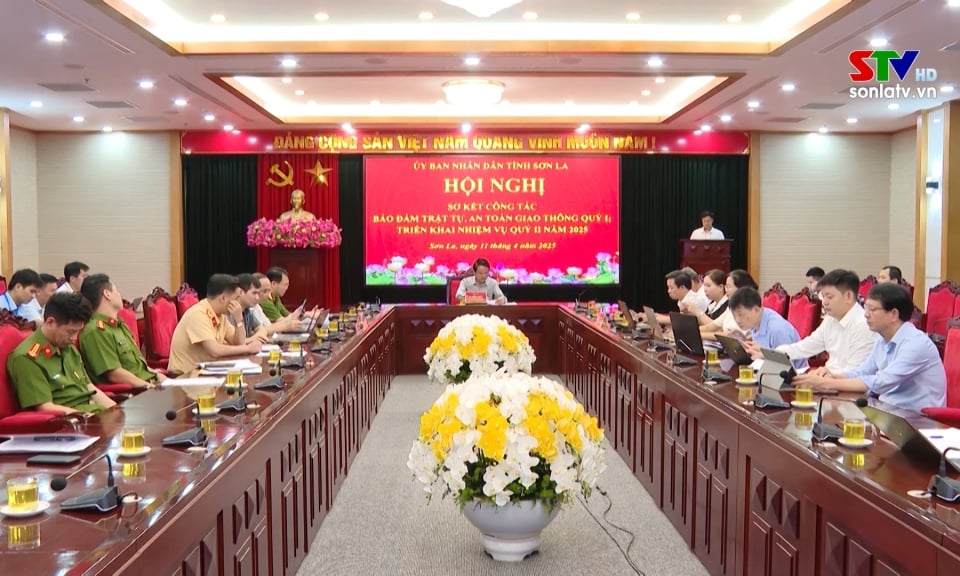


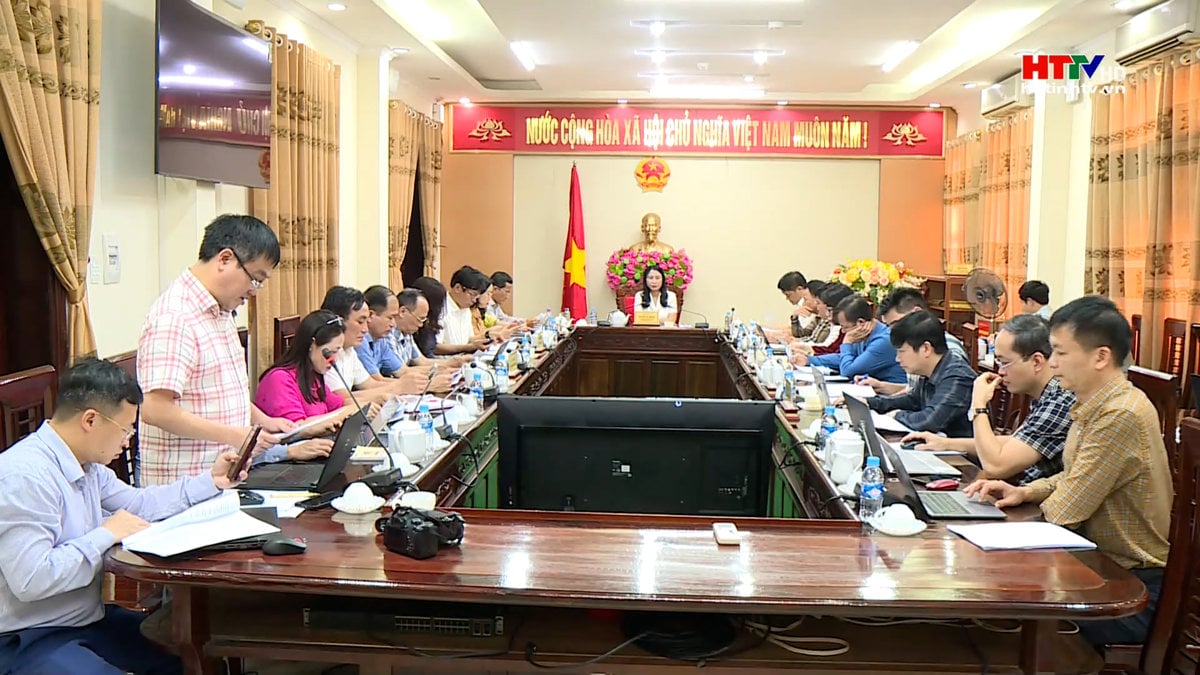
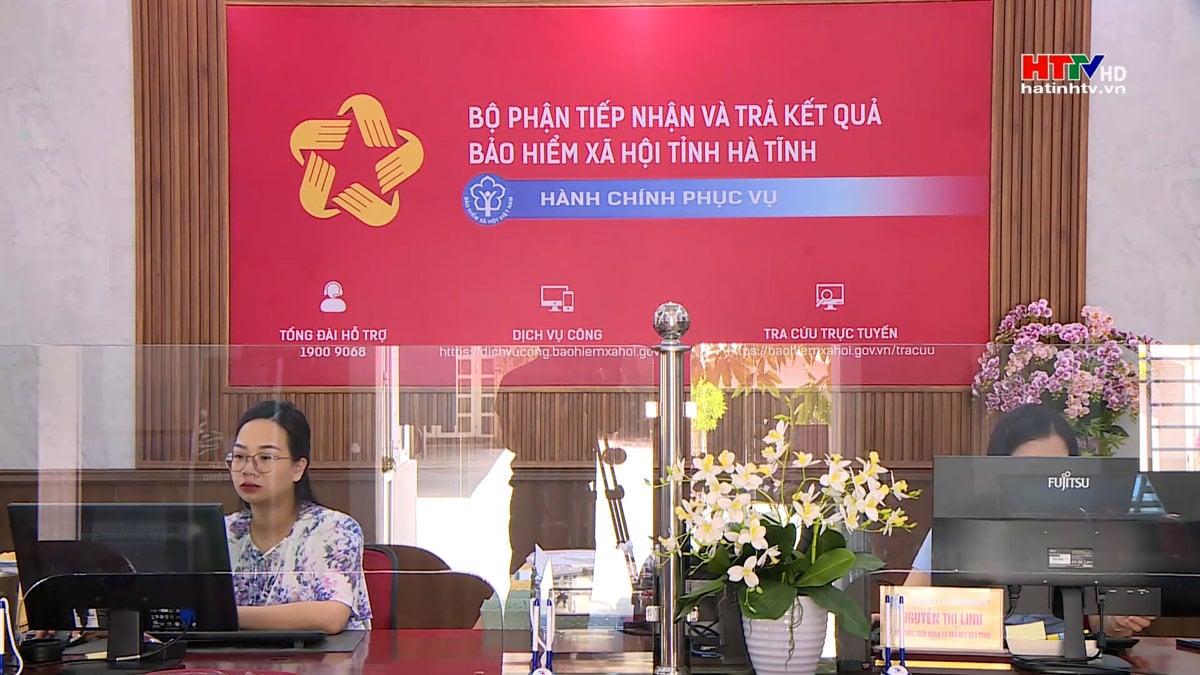







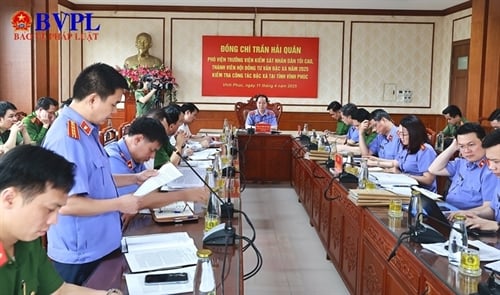

![[Photo] "Beauties" participate in the parade rehearsal at Bien Hoa airport](https://vstatic.vietnam.vn/vietnam/resource/IMAGE/2025/4/11/155502af3384431e918de0e2e585d13a)













































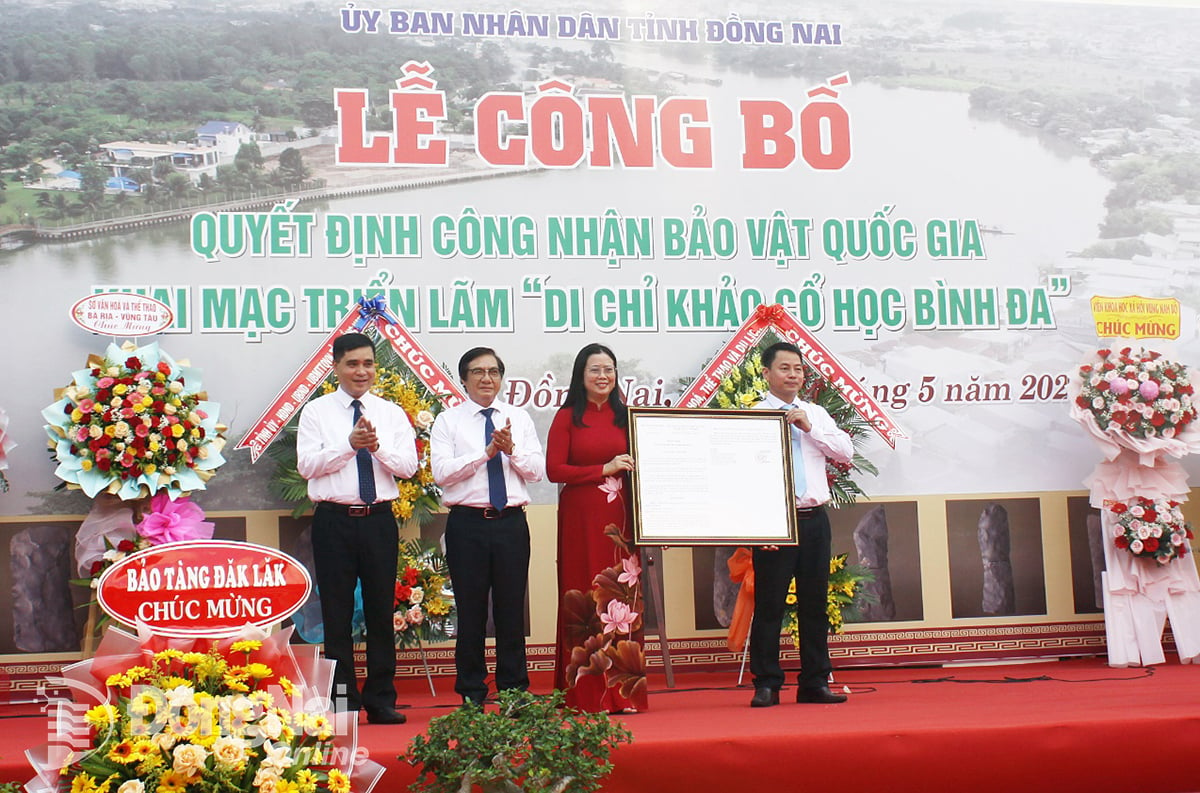















Comment (0)